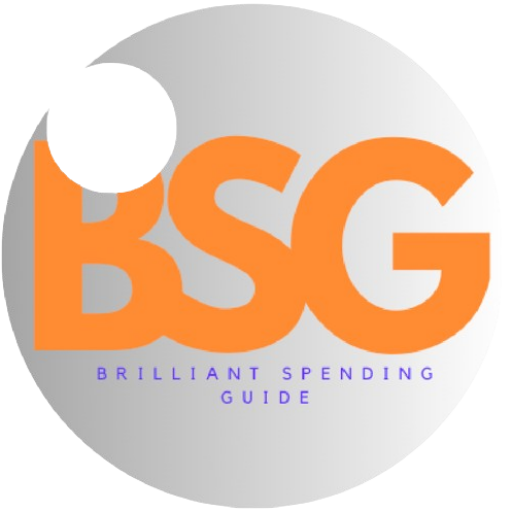Zero-based budgeting is a revolutionary personal finance strategy that can help you achieve your financial goals and transform the way you manage your money. This method involves allocating your income purposefully and tracking every dollar you spend.
To start zero-based budgeting, you begin by deciding how you want to spend your money before you even receive it. This proactive approach empowers you to be intentional and aligned with your values. You allocate your income to various categories, such as rent or mortgage, utilities, groceries, transportation, entertainment, and savings. The key difference with traditional budgeting is that you’re not simply tracking historical spending; you’re making conscious decisions about future expenses. This shift in mindset is powerful because it ensures that your money is always working towards your goals and priorities.
Another critical aspect of zero-based budgeting is the idea of giving every dollar a purpose. This means that your income minus your expenses should equal zero. In practice, this encourages you to be mindful of over-spending and under-spending. For example, if you allocate $400 for groceries this month and only spend $350, the remaining $50 should be allocated elsewhere, perhaps to accelerate debt repayment or boost your emergency fund. This ensures that you’re maximizing your money’s potential and maintaining a balanced budget.
Zero-based budgeting provides a comprehensive view of your financial life, offering a clear understanding of your spending patterns and areas where you can optimize. By allocating your income across different categories, you can identify opportunities to cut back on unnecessary expenses and redirect those funds to achieving your financial aspirations. Whether it’s saving for a dream vacation, investing in your retirement, or building financial security, this budgeting technique keeps you focused and motivated.
The practice of zero-based budgeting involves discipline and consistency. It requires you to be diligent in tracking your expenses and ensuring that they align with your predetermined allocations. While it may take time to adjust to this level of financial awareness and intentionality, the payoff is significant. The habit of mindful money management will benefit you throughout your life, helping you make informed decisions and adapt your budget as your goals and circumstances change.
One of the significant advantages of zero-based budgeting is its adaptability. Unlike rigid budgeting plans, this approach allows for flexibility, ensuring that your budget is tailored to your unique circumstances and priorities. Whether you’re a student managing a part-time income, a young professional embarking on your career, or a family planning for multiple goals, this budgeting method can work for you. By customizing your budget categories and allocations, you can ensure that your financial plan is aligned with your short-term needs and long-term aspirations.
Moreover, zero-based budgeting encourages proactive financial decision-making. Instead of reacting to unexpected expenses or impulse purchases, you can build financial resilience by planning for contingencies. This budgeting technique prompts you to consider potential future costs and allocate funds accordingly, ensuring that you’re prepared for life’s surprises without derailing your financial progress. This proactive mindset shifts you from a position of reactivity to one of control and confidence.
The discipline instilled by zero-based budgeting also helps cultivate healthier financial habits. By requiring you to be intentional with your spending, this approach fosters financial literacy and awareness. You become more mindful of your purchasing decisions, scrutinizing whether each expense aligns with your values and goals. As a result, you may find yourself questioning unnecessary purchases and adopting more thoughtful spending behaviors. These habits can have a ripple effect, improving your financial wellness and overall quality of life.
Zero-based budgeting may initially seem time-consuming, but the long-term benefits far outweigh the temporary inconvenience. By committing to this budgeting technique, you’re investing in your financial future and gaining valuable skills in money management. The time spent planning and analyzing your expenses will pay dividends in the form of financial freedom and security.
In summary, zero-based budgeting is a powerful tool that can revolutionize the way you manage your finances. By giving every dollar a purpose and aligning your spending with your values and goals, you can take control of your financial life. This budgeting technique demands discipline, consistency, and mindfulness but pays off through financial freedom and empowered decision-making. Whether you’re seeking to eliminate debt, build savings, or simply maximize the impact of your money, zero-based budgeting can be a transformative solution.










